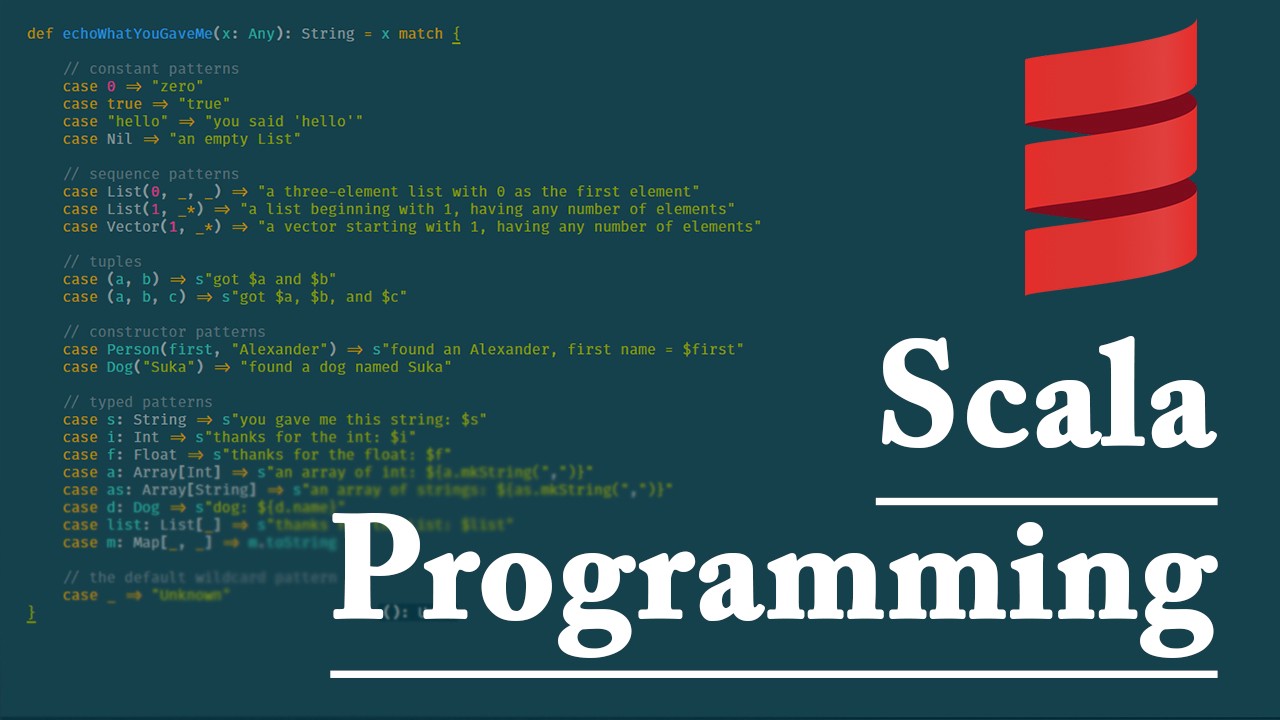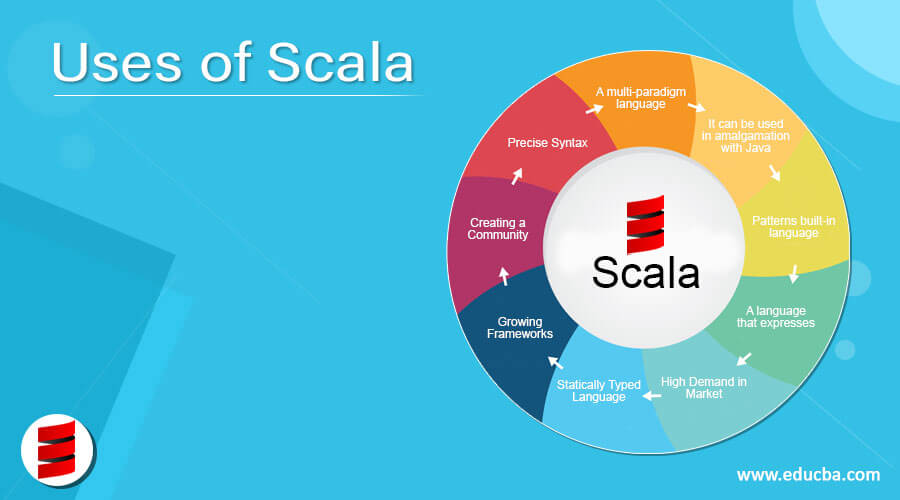Scala
Devlopment Company
The Advancements in information and the expansion of technology are Scala
Let’s Discuss
Scala is a multi-paradigm, general-purpose, high-level programming language. It is a pure object-oriented programming language that also supports the functional programming paradigm. In Scala, there is no such thing as primitive data because everything is an object. It's intended to represent common programming patterns in a polished, concise, and type-safe manner. Scala applications can be converted to bytecodes and run on the Java Virtual Machine (JVM) (Java Virtual Machine). Scala is a scalable programming language. The Javascript runtimes are also included. Scala is influenced heavily by Java as well as other programming languages such as Lisp, Haskell, Pizza, and others.
Scala was created by Martin Odersky, a German computer scientist and professor of programming methods at the École Polytechnique Fédérale de Lausanne (EPFL) in Switzerland. Martin Odersky co-created the Java Compiler, Generic Java, and EPFL's Funnel programming language. In 2001, he began developing the Scala. Scala's first version was published to the public in 2004 on the Java platform. Scala was updated for the.Net Framework in June 2004. It was quickly followed by the second version (v2.0) in 2006. Scala was named the winner of the ScriptBowl competition at the JavaOne conference in 2012. Scala no longer supports the.Net Framework as of June 2012. Scala's most recent version is 2.12.6, which was released on April 27, 2018.

Express.js, which runs on a Node.js server, is the next step down. Express.js describes itself as a "quick, unopinionated, minimalist web framework for Node.js," and it is precisely that. For URL routing (matching an incoming URL with a server function) and handling HTTP requests and answers, Express.js includes strong models. You can connect to Express.js functions that power your application by sending XML HTTP requests (XHRs), GETs, or POSTs from your Angular.js front end.
Scala Closures are functions that use one or more free variables, and the function's return value is determined by these variables. The free variables are not included as a parameter of the Closure Function because they are defined outside of it. The free variable is what distinguishes a closure function from a conventional function. A free variable is any variable that is not specified within the function and is not supplied as a function argument. A function with a valid value is not bound to a free variable. There are no values for the free variable in the function..

Recursion is a method which breaks the problem into smaller subproblems and calls itself for each of the problems. That is, it simply means function calling itself. The tail recursive functions better than non tail recursive functions because tail-recursion can be optimized by compiler. A recursive function is said to be tail recursive if the recursive call is the last thing done by the function. There is no need to keep record of the previous state.